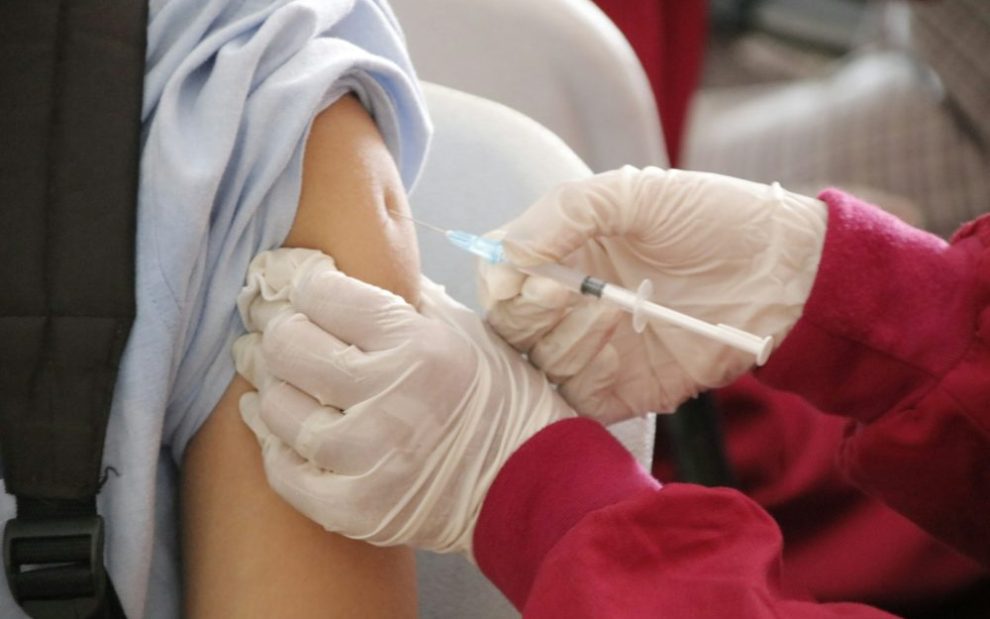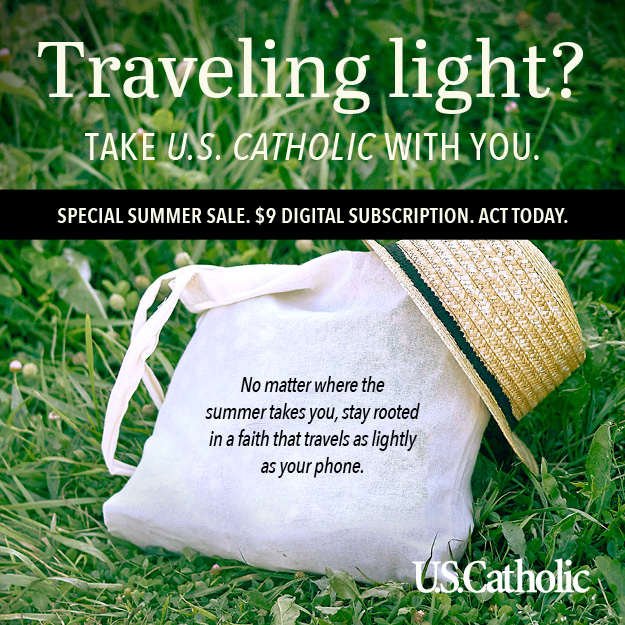There’s nothing quite like holding down a screaming toddler while a nurse jabs their little leg with a vaccination needle. It can feel like an act of betrayal: This child who looks to you for love and protection is scared and in pain because of something you made happen. To make things worse, some very vocal groups are telling parents that vaccines themselves will harm children—that they are part of a government conspiracy, or that they cause autism. Amid such confusion and disinformation, parents may hesitate to vaccinate.
Meanwhile, the World Health Organization reports that we now have vaccines to prevent more than 20 life-threatening diseases, helping people of all ages to live longer, healthier lives. Every year, vaccines prevent 3.5 million to 5 million deaths from diseases like diphtheria, tetanus, pertussis, influenza, and measles.
These statistics indicate that having your children vaccinated, unpleasant though it may be, is good for them. It is also good for other children and immunocompromised adults. As a parent and a moral theologian, I’ve thought a lot about the issues involved and chosen to take Catholic social teaching as a guide.
The common good and herd immunity
An important principle that guides discernment on vaccination is that of the common good. Catholic teachings on this are rooted in the belief that we are social creatures who depend on each other to thrive. The Compendium of the Social Doctrine of the Church describes the common good as the “social and community dimension of the moral good.” Gaudium et Spes (On the Church in the Modern World) speaks of it as “the sum of those conditions of social life which allow social groups and their individual members relatively thorough and ready access to their own fulfillment.”
A common-good approach to the prevention of disease is grounded in a vision of a loving God who desires human flourishing—not as a solitary endeavor but as the fruit of ethical social relationships. My actions can positively or negatively impact people I will never meet, but who nonetheless share this fragile planet with me. When it comes to parenting, I do not parent in a bubble but in a broader community. This means my decision to vaccinate must consider the many relationships in which my family is embedded, as well as the safety of the people my children interact with each day.
This doesn’t apply only to one-to-one interactions. Vaccination contributes to what public health researchers describe as “herd immunity”—that is, the protection offered to everyone in a community. When an individual who is eligible to be vaccinated refuses to do so, this increases the likelihood of an outbreak of that disease. Such outbreaks are particularly dangerous for people who are already vulnerable. People who refuse vaccinations don’t merely harm themselves or their children; they undermine the common good.
A preferential option for those who are at risk
The principle of care for the most vulnerable is also key to Catholic social thought. Phrased as a “preferential option for the poor and vulnerable,” this principle applies Jesus’ teaching from Matthew 25 to the present day. Whatever we do to the “least” of these, we do to Christ. Those who are most vulnerable to harm—due to economic inequalities, structural racism, and other factors—should receive special attention.
Some people are unable to be vaccinated because they are too young (newborns) or because of serious complications (such as life-threatening allergies or other conditions). Achieving herd immunity is important because it helps reduce the chances of an outbreak that would expose these most vulnerable individuals to a dangerous disease.
Weighing outcomes
But what about the risks associated with vaccination? Here too the Catholic tradition has wisdom for parents, in the form of proportionate reason. Most side effects of routine vaccinations are mild and short-lived, and severe reactions rare. Potential negative outcomes must be weighed against the positive impact of personal protection, the protection of others, and herd immunity. The greater suffering in a community that rejects vaccinations far outweighs any potential negative side effects.
For example, measles is a dangerous and highly contagious virus that has no cure and can lead to severe complications, especially for babies. Measles causes death in one to three out of every 1,000 children who become infected, according to the Centers for Disease Control and Prevention. The positive benefits of personal health and herd immunity that measles vaccination provide are far greater than any short-term side effects or potential (but unlikely) severe reactions.
Parenting in solidarity
And finally, the principle of solidarity guides us to consider our neighbor’s health and flourishing. Understood as an active commitment to the good of the other, solidarity means vaccinating my children, because I have a moral commitment not only to them but to newborns in my parish and to the immunocompromised at my workplace. Taking actions that protect their health—even though they are not my children—is what solidarity looks like in practice. We are stronger when we work together to prevent outbreaks of serious diseases.
Parenting in solidarity also requires that parents help their children see their place within the larger community and think about their roles in making it a safe place for everyone. Rather than fixating on protecting children from the world, parenting in solidarity means preparing them for an ethical, flourishing life with others.
But what about parental rights?
Parents may consider all these arguments and still decide not to vaccinate, claiming they have a “parental right” to do so. But the concept of parental rights is inherently flawed when it refers to parents’ coercive control over their children and a rejection of the community’s needs.
Parents should not make decisions as if their children were pieces of property, objects to do with as they choose. A child is a subject and dependent on the parent, so any parental right to make decisions for a child must be secondary to a parent’s responsibility to nurture and protect the child.
Disinformation
Parents trying to discern whether to vaccinate are likely to encounter a widespread claim that vaccines cause autism. The rhetoric in this claim is connected with an ableist idea that neurodivergent children—that is, those who experience and interact with the world around them in ways that are different from what society regards as typical—are damaged, and that it is preferable to expose children to a potentially deadly disease than for them to be autistic.
But vaccines do not cause autism. The journal that published the 1998 study claiming that autism was linked to the mumps, measles, and rubella (MMR) vaccine has formally retracted the article, and many other studies found no link between autism and MMR vaccines. Parents must be judicious as they choose their sources for accurate information, especially given the way conspiracy theories thrive on social media.
The recent outbreak of measles in Texas and New Mexico, with more than 500 cases between January and April, serves as a warning. Twenty-one states have confirmed cases of measles. Two unvaccinated children died in the first three months of the outbreak.
Vaccine refusals are appropriate only for a very small percentage of the population who could experience life-threatening complications because of their specific health needs. Their lives will be protected, however, if everyone else is vaccinated. Even families with children who cannot safely be vaccinated should promote actions that will contribute to high vaccination rates.
In discussing the COVID-19 vaccine, Pope Francis called the decision to be vaccinated an “act of love,” explaining that “love is also social and political.” These words, as well as the tradition of Catholic social teaching, inspire me as a parent. They help me see what it means to love my neighbor in the concrete actions of my daily life.
Image: Unsplash/Ed Us













Add comment